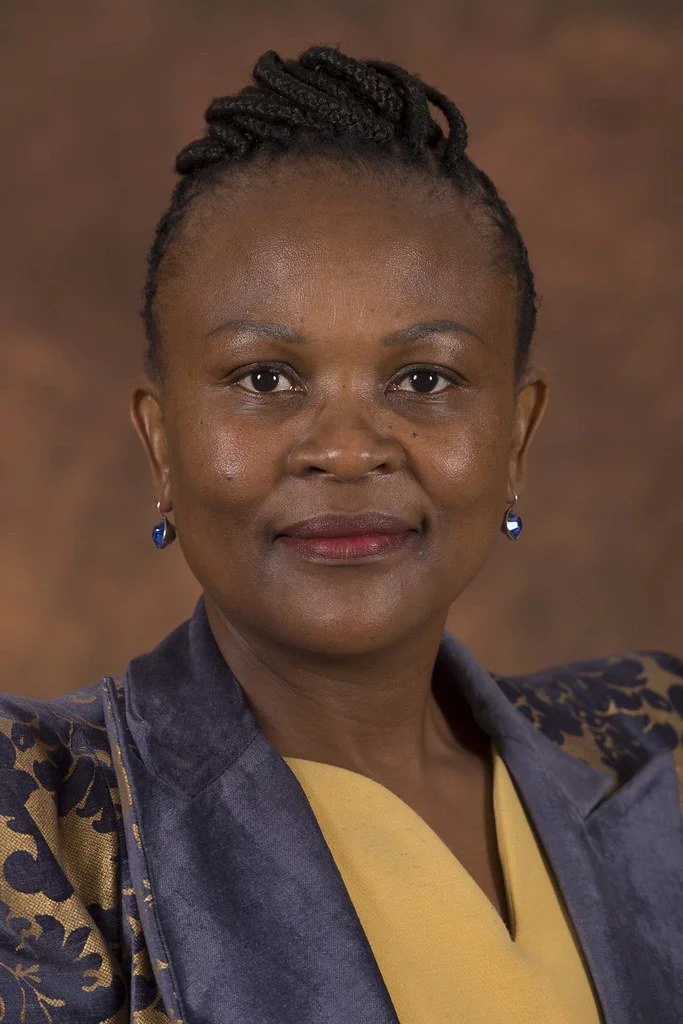Mkhwebane’s impeachment was good for accountability, but at what cost?
Advocate Busisiwe Mkhwebane via Flickr. Photo credit: GovernmentZA
On Monday, the National Assembly finally impeached Advocate Busisiwe Mkhwebane after her disastrous term of office. Amongst many bad days, this was a good day for accountability, which sent a clear message to all civil servants and holders of public office.
Accountability is important in all spheres of life and it is crucial for democracy to work. Politicians, civil servants and heads of state entities, including chapter 9 institutions, are being paid with taxpayers’ money. They must serve us, the public, and therefore have an even bigger obligation than those in the private sector to fulfil the responsibilities assigned to them.
Most importantly if they fail, there should be repercussions for their actions or lack thereof.
Perhaps one of the biggest failures of the Zuma years was the lack of accountability. Yes, there was corruption on a massive scale, but what made it worse was that it was done with impunity. Everyone knew they would not be required to account for their misdeeds, which set the country on a very dangerous path and which is why the impeachment of Mkhwebane sends such an important message.
It became clear during the Section 194 inquiry that she, whose duty it was to protect us from the state and politicians, no longer did that. After hundreds of hours of evidence, the committee found her guilty of misconduct and incompetence.
So, what can be learned from this sorry saga?
I think there are three important aspects that need to be interrogated.
Firstly, the appointment process: There can be no doubt that Mkhwebane should never have found herself in the position of Public Protector, but in 2016 only the DA opposed her appointment. Still under the thumb of former President Zuma, the ANC was bruised by the brilliant work of the former Public Protector Thuli Madonsela and needed someone more aligned to the political narrative at the time. To them Mkhwebane fitted that narrative, but a few years later the proverbial chickens came home to roost.
It seems to me that political influence in the filling of a position which is meant to protect the public against the state and politicians should be minimized, or at least have some counterbalance. It is just too tempting for the majority party (or parties in future), to use the position as a political football.
Judges are appointed by the Judicial Service Commission (JSC) which consists of nine legal practitioners, six people designated by the National Assembly, four from the National Council of Provinces and four specially appointed by the President. Given the importance of the Public Protector, it is surely more appropriate to follow a similar process. This would require an amendment to Section 193 of the Constitution and might raise questions around the appointment process of other positions such as the Auditor General, but with the necessary political will, it can be done.
The next question is what should happen when something goes wrong, as in the case of Mkhwebane. The section 194 committee process took more than two years and between all the legal challenges and cost orders costed around R160 million. Mkhwebane and her legal representatives used every possible opportunity to frustrate and delay the process. This should not be allowed to happen in future. The rules should be adjusted to ensure that whilst the process must remain fair, it cannot be abused to the extent that it was.
Lastly, there should be a way to cap the cost to the state – particularly the legal fees. This does not only apply to the section 194 process, but also to the payment of legal fees to civil servants and politicians in general. In this case, Mkhwebane had access to four legal representatives whose costs accumulated to at least R36 million, which had to be paid by the office of the Public Protector.
That is thirty-six million rand of taxpayers’ money that should have been used to investigate and prosecute legitimate cases. This is totally unacceptable.
Not only should there be a cap on how much the state will pay in cases such as these, but a restriction on the hourly rate of legal representation and the size of the legal team. Without such a cap, there is no incentive to stop litigating – even after repeated losses. Mkhwebane lost case after case, yet she continued to take matters to court and appealed existing judgements while her legal team kept on raking in the taxpayer’s hard-earned money.
